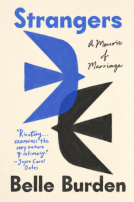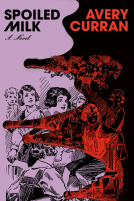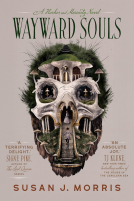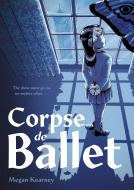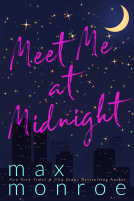Please wait... This may take a moment.
Pittsburghese
This title was previously available on NetGalley and is now archived.
Pub Date
Jan 01 2024
| Archive Date
Dec 31 2023
Description
Pittsburghese, Robert Gibb’s latest book of poems, is a work of poignant remembrance, filled with revelations found in the everyday “debris of paradise.” The collection is anchored by personal and public histories, the city’s “consensus things” and “standard archaeologies,” as well as by music—jazz, blues, R&B and gospel—“sweet rebuttal” to the world’s “cold hymns.” Throughout, motifs function like the thorns on the jaggers—Pittsburghese for brambles—whose points engage the reader “one by one.” Other poems elegize the great buildings and working stiffs of the city’s industrial past, celebrating its artifacts and artworks, the “necessary mystery” of its trees and wild creatures. Particulars of a world in which dialect is the alembic, the means of expression and the shapes it takes on as well—habitation and name.
Pittsburghese, Robert Gibb’s latest book of poems, is a work of poignant remembrance, filled with revelations found in the everyday “debris of paradise.” The collection is anchored by personal and...
Description
Pittsburghese, Robert Gibb’s latest book of poems, is a work of poignant remembrance, filled with revelations found in the everyday “debris of paradise.” The collection is anchored by personal and public histories, the city’s “consensus things” and “standard archaeologies,” as well as by music—jazz, blues, R&B and gospel—“sweet rebuttal” to the world’s “cold hymns.” Throughout, motifs function like the thorns on the jaggers—Pittsburghese for brambles—whose points engage the reader “one by one.” Other poems elegize the great buildings and working stiffs of the city’s industrial past, celebrating its artifacts and artworks, the “necessary mystery” of its trees and wild creatures. Particulars of a world in which dialect is the alembic, the means of expression and the shapes it takes on as well—habitation and name.
Available Editions
| EDITION |
Other Format |
| ISBN |
9781611864878 |
| PRICE |
$15.95 (USD)
|
| PAGES |
100
|
Available on NetGalley
NetGalley Shelf App
(PDF)
Send to Kindle (PDF)
Download (PDF)
Additional Information
Available Editions
| EDITION |
Other Format |
| ISBN |
9781611864878 |
| PRICE |
$15.95 (USD)
|
| PAGES |
100
|
Available on NetGalley
NetGalley Shelf App
(PDF)
Send to Kindle (PDF)
Download (PDF)
Average rating from 12 members
Featured Reviews
 Jessica F, Reviewer
Jessica F, Reviewer
5 stars
5 stars
5 stars
5 stars
5 stars
As someone who lived off and on in Pittsburgh her whole life, Pittsburghese really brings the way Pittsburgh feels to the reader. I connected with this on many levels, the poetry is lovely and the book is unique.
5 stars
5 stars
5 stars
5 stars
5 stars
 Kaitlyn G, Reviewer
Kaitlyn G, Reviewer
5 stars
5 stars
5 stars
5 stars
5 stars
As a Western PA native, where Pittsburgh is considered my second home. I found Pittsburghese paints the perfect picture of how life was and still is in the 'Burgh. This book portrays and highlights the lives of hard-working and blue-collar class workers. Every student who lives in Allegheny County needs to read this! This book will start conversations and will help many people understand how Pittsburgh became Pittsburgh.
5 stars
5 stars
5 stars
5 stars
5 stars
Readers who liked this book also liked:
Strangers
Belle Burden
Biographies & Memoirs, Nonfiction (Adult)
Spoiled Milk
Avery Curran
General Fiction (Adult), Horror, LGBTQIAP+
Wayward Souls
Susan J. Morris
Historical Fiction, LGBTQIAP+, Sci Fi & Fantasy
Corpse de Ballet
Megan Kearney
Comics, Graphic Novels, Manga, Horror, Teens & YA
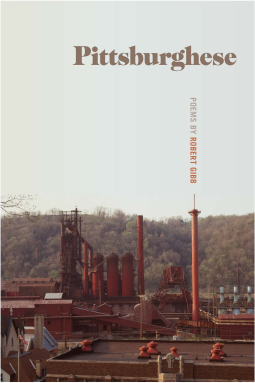
 Jessica F, Reviewer
Jessica F, Reviewer
 Kaitlyn G, Reviewer
Kaitlyn G, Reviewer
